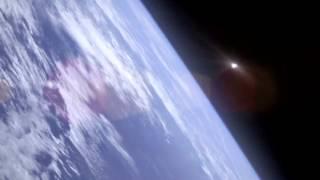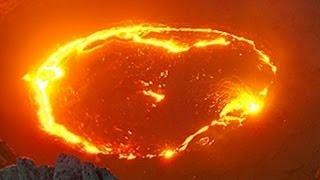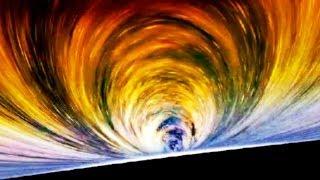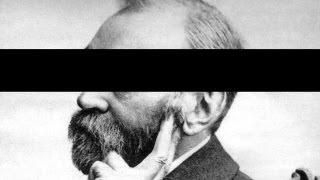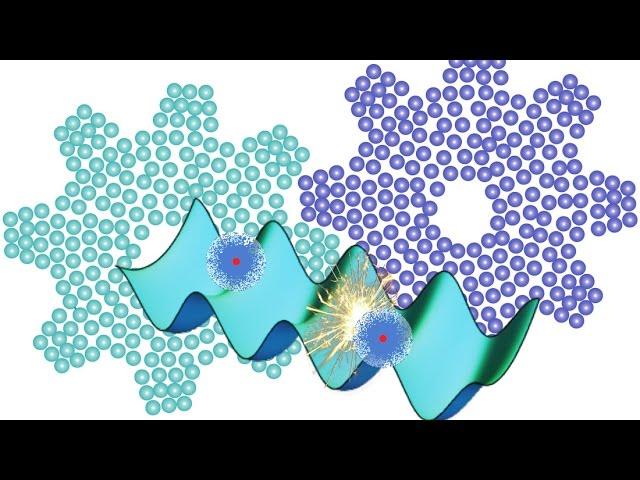Time Travel, Teleportation & Science
Time travel is the concept of moving between different points in time in a manner analogous to moving between different points in space, generally using a theoretical invention, namely a time machine. It has a commonly recognized place in philosophy and fiction, but has a very limited application in real world physics, such as in quantum mechanics or wormholes.
Although the 1895 novel The Time Machine by H. G. Wells was instrumental in moving the concept of time travel to the forefront of the public imagination, The Clock That Went Backward by Edward Page Mitchell was published in 1881 and involves a clock that allowed three men to travel backwards in time.[1][2] Non-technological forms of time travel had appeared in a number of earlier stories such as Charles Dickens' A Christmas Carol. Historically, the concept dates back to the early mythologies of Hinduism (such as the Mahabharata), Buddhism, and Islam through ancient folk tales. More recently, with advancing technology and a greater scientific understanding of the universe, the plausibility of time travel has been explored in greater detail by science fiction writers, philosophers, and physicists.
Teleportation, or Teletransportation, is the theoretical transfer of matter or energy from one point to another without traversing the physical space between them. It has a commonly recognized place in science fiction literature, film, and television, but as yet has a very limited application in real world physics, such as quantum teleportation or the study of wormholes.
Science (from Latin scientia, meaning "knowledge") is a systematic enterprise that builds and organizes knowledge in the form of testable explanations and predictions about the universe. In an older and closely related meaning, "science" also refers to a body of knowledge itself, of the type that can be rationally explained and reliably applied. A practitioner of science is known as a scientist.
In modern usage, "science" most often refers to a way of pursuing knowledge, not only the knowledge itself. It is also often restricted to those branches of study that seek to explain the phenomena of the material universe.
Source : Wikipedia
-
07:13
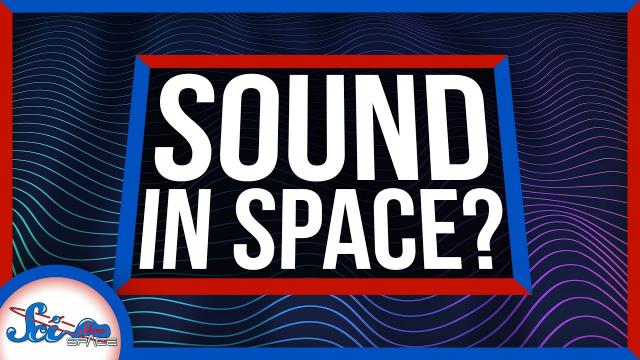
The Deepest Sound in the Universe
Added 292 Views / 0 LikesThanks to X-ray telescopes, scientists in the 1970s found the first real evidence that black holes actually existed, and astronomer Andrew Fabian has used X-ray research to unlock incredible mysteries ever since, including a giant sound wave that can trav
-
07:43
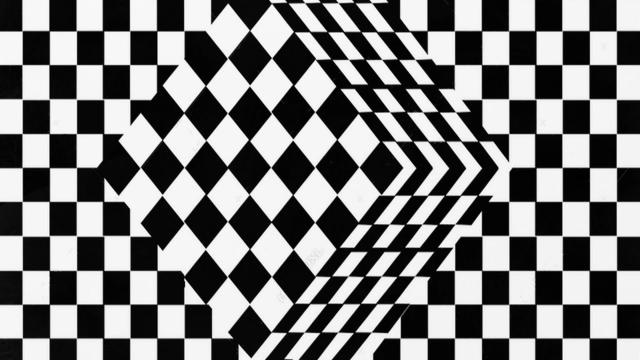
Can You See This Illusion??
Added 310 Views / 0 LikesGet our Moon Shirt in the latest Curiosity Box: http://curiositybox.com/jakeMy twitch: http://twitch.tv/jakeroperVsauce3 Discord: https://discord.gg/aVCAj6XNfkMy personal channel: https://www.youtube.com/watch?v=PF8IfIjicLkTwitter: http://twitter.com/jake
-
06:07
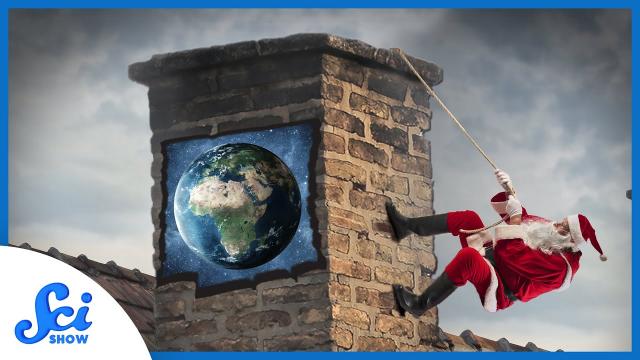
We Live in a Chimney
Added 164 Views / 0 LikesThere are some captivating things when you look up at the night sky, but our location in the Milky Way may be fogging up our view.Hosted By: Reid ReimersSciShow is on TikTok! Check us out at https://www.tiktok.com/@scishow----------Support SciShow Space b
-
06:15
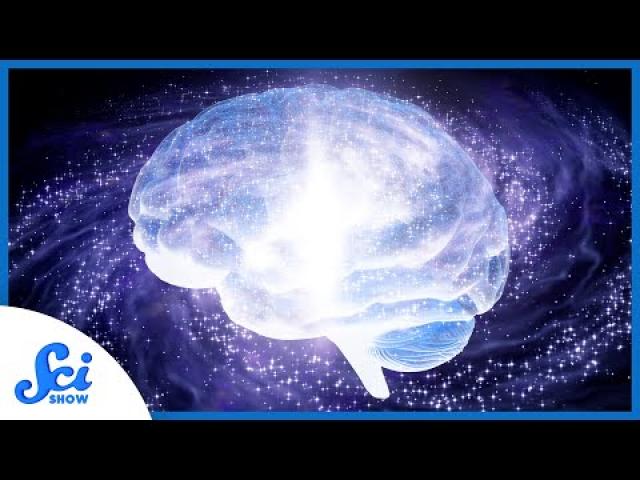
How Space Changes Your Brain
Added 259 Views / 0 LikesStart speaking a new language in 3 weeks with Babbel. Get up to 65% your subscription here: https://go.babbel.com/12m65-youtube-scishowspace-mar-2022/defaultWe've been sending people to space since the '60s, and we're just now starting to learn what that
-
02:19
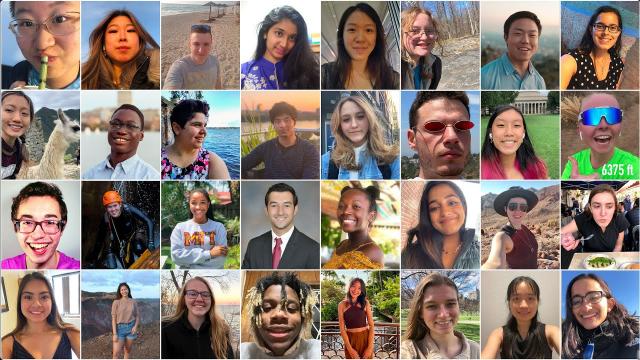
Congratulations, Class of 2022!
Added 224 Views / 0 LikesWhat have this year’s graduates gained from MIT? As Commencement nears, some say: “Courage in tackling the unknown.” “Selective ambition.” “I am better at failing and recovering.” “I no longer strive for perfection.” “I can do so much more.”Watch more vid
-
12:23
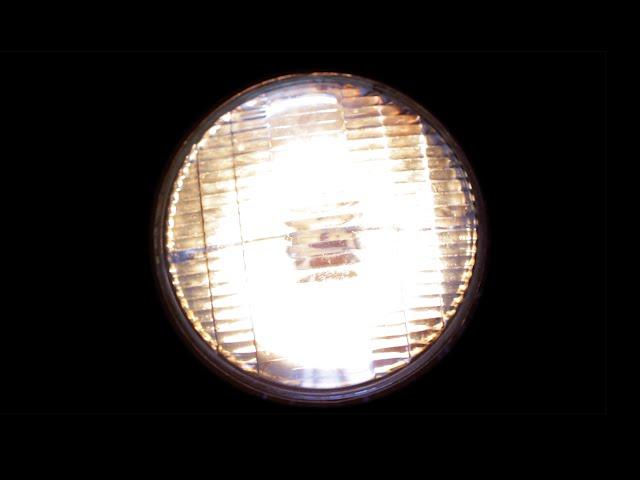
Would Headlights Work at Light Speed?
Added 724 Views / 0 LikesWould Headlights Work at Light Speed?
-
17:18
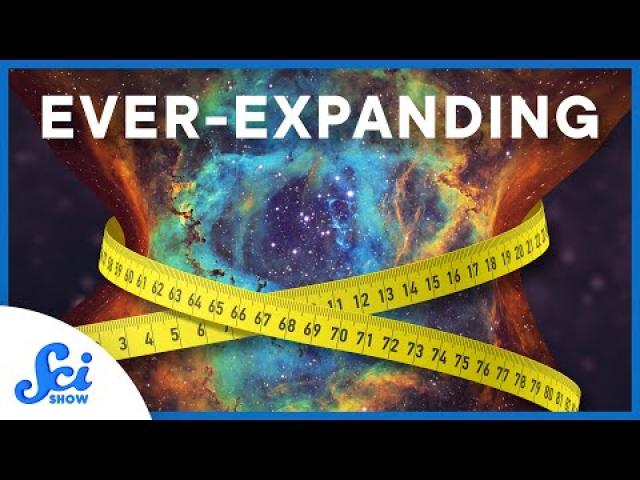
Our Expanding Universe | Compilation
Added 310 Views / 0 LikesThe universe is expanding. But how much is it expanding? Is it doing expanding the same way everywhere? And can physics actually explain the expansion? Hosted By: Reid Reimers----------Huge thanks go to the following Patreon supporter for helping us keep
-
02:00

What It Means To Be Human - Cooperation During War
Added 643 Views / 0 LikesWhat It Means To Be Human - Cooperation During War
-
05:32
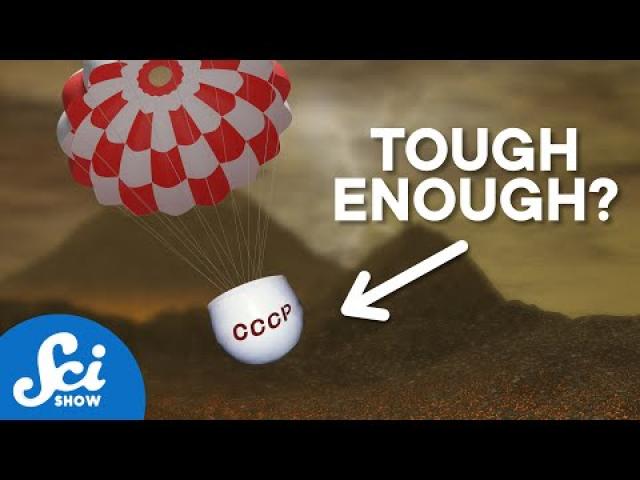
The One-Second Success Story of Venera 7
Added 190 Views / 0 LikesVenus may have been named after the Roman goddess of beauty, but once humans started sending spacecraft to the planet next door, we quickly learned that beauty… hurts.Hosted by: Savannah Geary----------Huge thanks go to the following Patreon supporter for
-
02:29
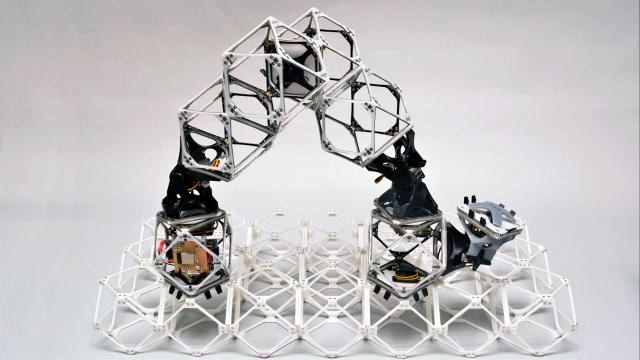
Assembler robots could eventually build almost anything
Added 157 Views / 0 LikesResearchers at MIT's Center for Bits and Atoms have made significant progress toward creating robots that could build nearly anything, including things much larger than themselves, from vehicles to buildings to larger robots. (Learn more: https://news.mit
-
04:16
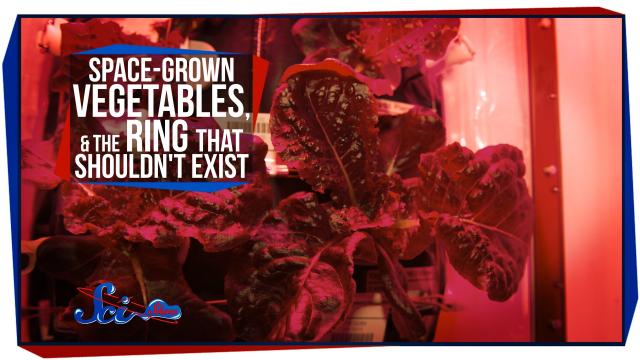
Space-Grown Vegetables, and the Ring That Shouldn't Exist
Added 779 Views / 0 LikesSpace-Grown Vegetables, and the Ring That Shouldn't Exist
-
02:14
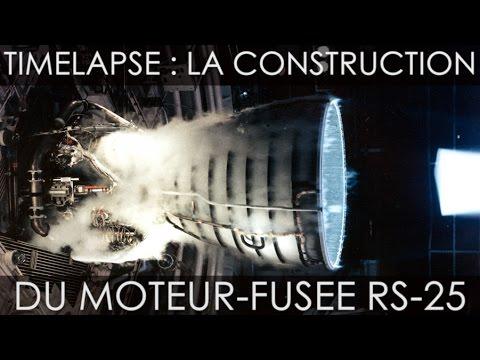
Deux Minutes Pour Assembler Le Moteur-fusée Le Plus Puissant Au Monde
Added 1,029 Views / 0 Likes -
06:58
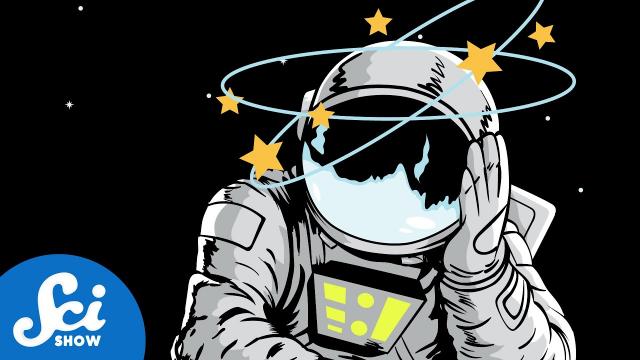
We Don’t Know Why Astronauts Get Motion Sick
Added 179 Views / 0 LikesA majority of modern astronauts experience any one of a suite of symptoms scientists collectively call Space Motion Sickness, or SMS. But despite knowing about it for nearly as long as humans have gone into space, we still don't know exactly what causes i
-
00:55
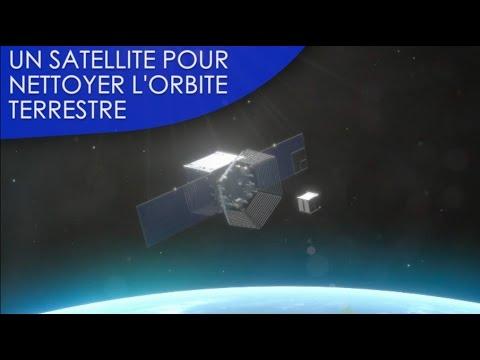
Clean Space One : Un Satellite Suisse Pour Nettoyer L’orbite Terrestre
Added 705 Views / 0 Likes

